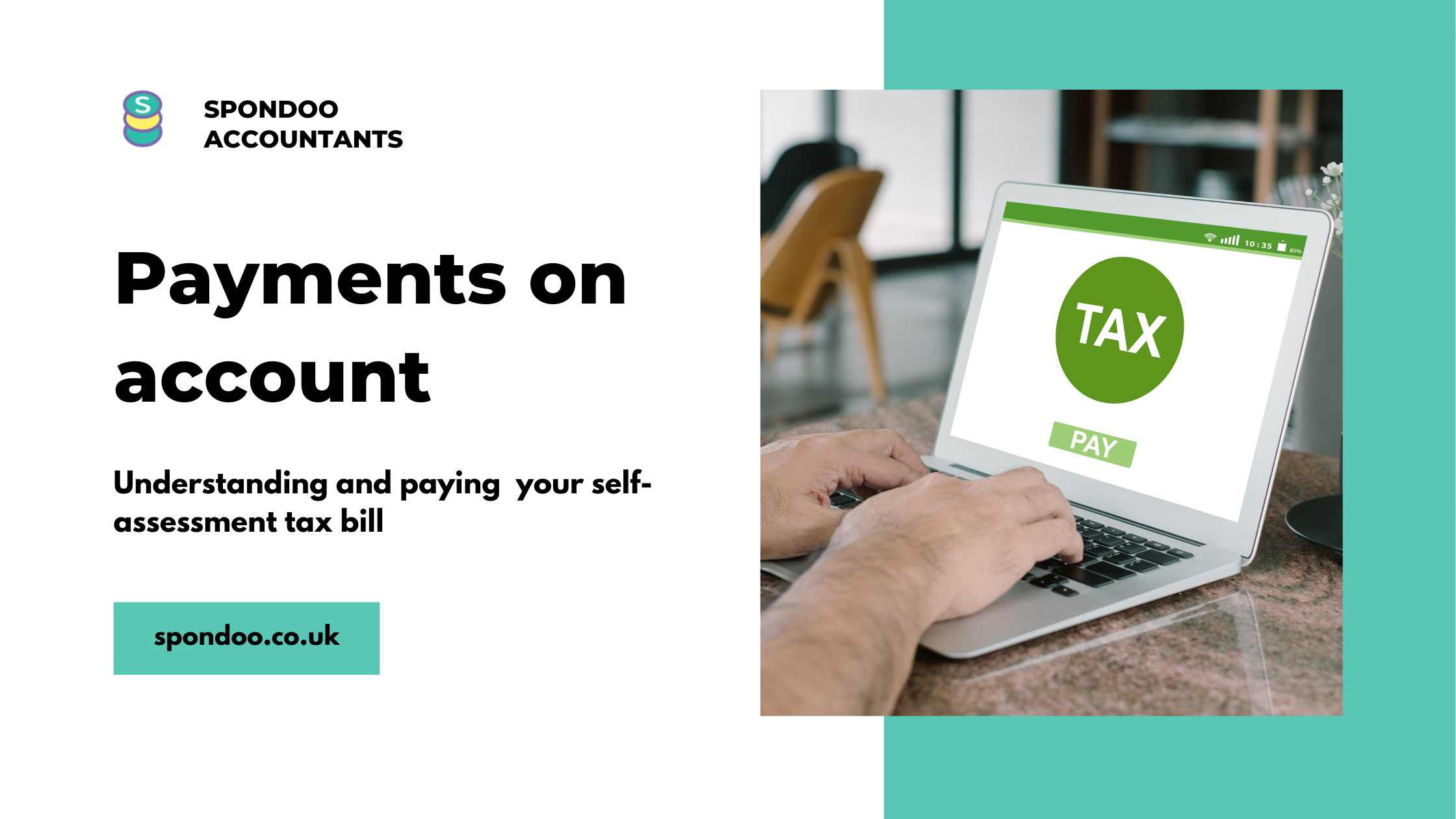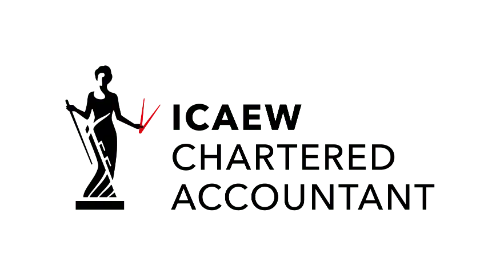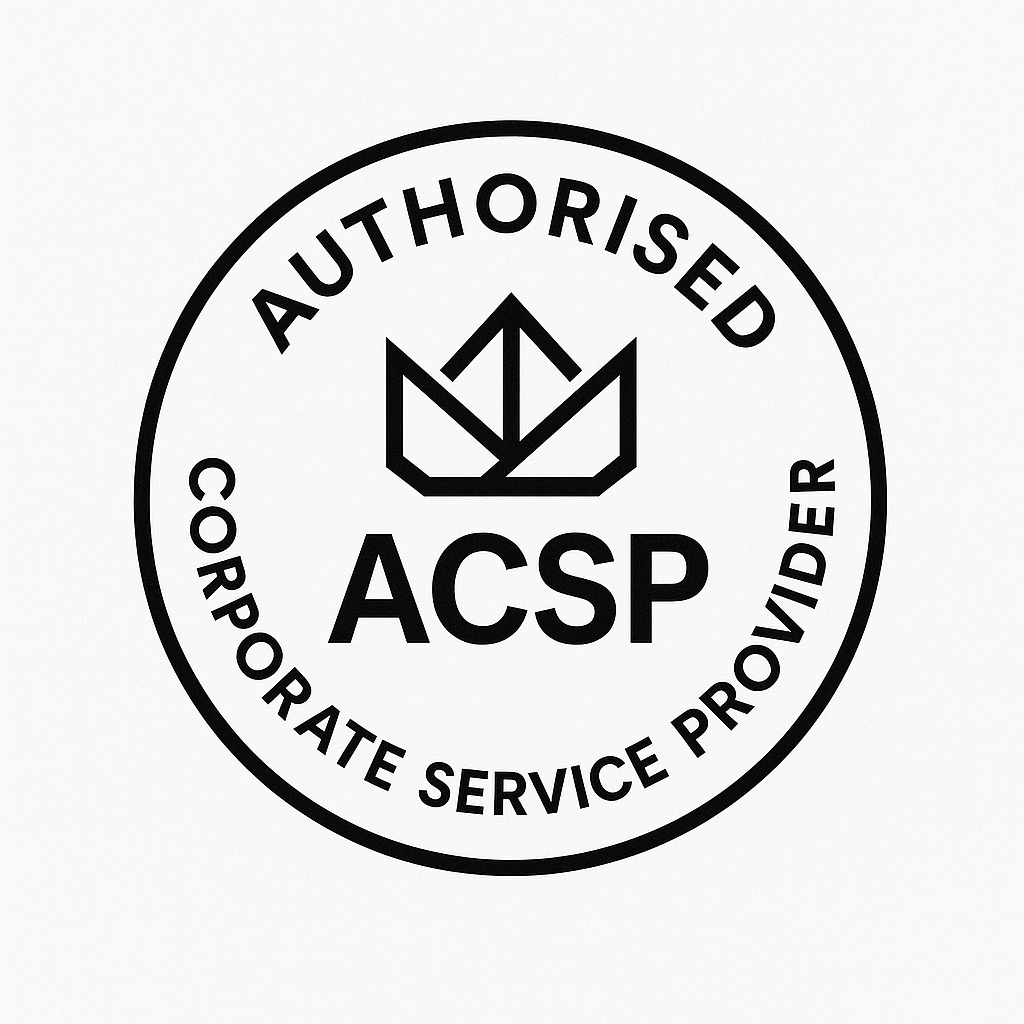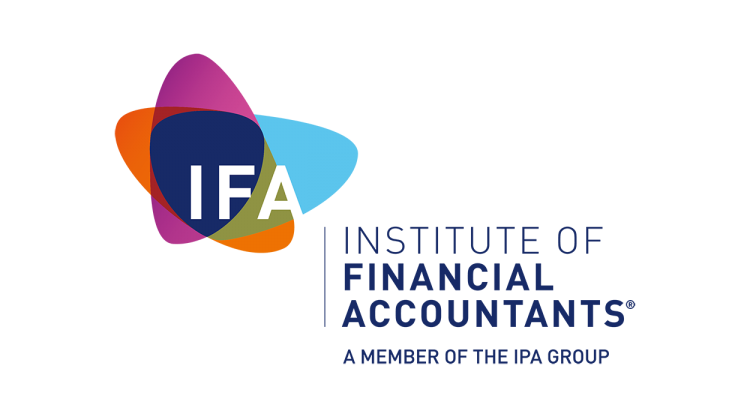
‘Payments on Account’ is an advanced payment made towards the total tax and national insurance liability for individuals that file a self-assessment in the United Kingdom. Those individuals required to meet this obligation, need to make 2 payments based on the total liability of the previous tax year. The first Payment on Account is usually due by midnight on 31 January, while the second payment deadline is 31 July.
Not everyone who completes a Self-Assessment tax return will have to make a Payment on Account.
You are required to do so if you meet the following criteria:
The amount payable for each instalment is calculated based on the previous year’s tax bill, multiplied by 50%.
For example, if you were required to pay a tax bill of £40,000 for the tax year 2019-20, then your first and second Payment on Account for 2020-21 will be £20,000.
These calculations can be tricky, so feel free to contact Spondoo Accountants for guidance.
When signed into the Government Gateway > Select the option to view your latest Self-Assessment return> Select 'View statements.'
You will be able to see the Payments on Account you have already made, as well as the payments you need to make towards your next tax bill.
Often, you will pay roughly the same amount of tax in the following year as HMRC assumes that you will continue to earn at the same rate. However, if you know your tax bill will be lower than last year, you can apply to reduce your Payments on Account when filing your Self-Assessment
To apply by post, you must send form SA303 to your tax office.
To do this online, you sign in to your online account > Select the option to view your latest Self-Assessment return> Select 'Reduce Payments on Account.'
WARNING - there can be consequences for doing this, so it is best to speak to a tax accountant for advice before making a claim for this reduction.
As mentioned earlier, you must make two payments based on the total liability of the previous tax year. It is worth bearing in mind that each payment is half your previous year’s tax bill. The first payment on account is due by midnight on 31 January and the second payment on account is due by 31 July at midnight. However, if you still have tax to pay after you’ve made your payments on account, you must make a ‘balancing payment’ by midnight on 31 January in the next year (together with that year's first payment on account).
You can make Payments on Account:
If you are paying via bank transfer it is important to remember that you will need your Unique Taxpayer Reference (UTR) to hand.
If you are struggling to pay your tax, you may wish to set up a Time to Pay arrangement with HMRC.
To learn more about making Payments on Account, you can find a detailed guide on the HMRC website or by talking to us.
By failing to pay HM Revenue and Customs (HMRC) by the deadline, you will be charged interest and may potentially have to pay a penalty.
You can get an estimate of how much you will need to pay in penalties and interest if you have missed the deadline for sending your Self-Assessment tax return and paying your Self-Assessment tax bill via the HMRC self-assessment calculator.
You can appeal against a penalty if you have a reasonable excuse.
Spondoo Accountants can support you with your personal tax affairs in the following ways:




